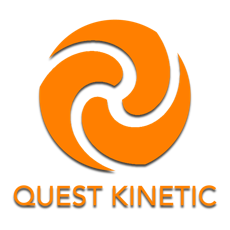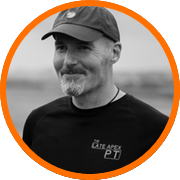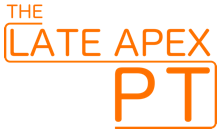If I was considering signing up to a programme offered by a personal trainer, I’d want to have confidence in the answers to a few questions before I took the plunge and parted with any money:
- Are their coaching skills and experience suited to my needs?
- Are they qualified to give me guidance about effective nutrition as well?
- Do they have the general life experience to be able to empathise with mine?
- Are they likely to understand the context and significance of my goals, and be able to encourage and support me in adapting to achieve them?
- Will our personalities be compatible and do we share similar values?
I imagine you’re evaluating your options in much the same kind of way, so to help you with that process here’s some background on me, how I came to be a vegan personal trainer, and the approach I take when coaching clients…
As a teenager in Hertfordshire in the mid-80s I didn’t have much interest in team sports or exercise in general, but then I discovered bodybuilding and I immersed myself in it completely. I devoured everything I could find about anatomy, technique and nutrition, and trained as often as I could at one of the few gyms in my area – a dilapidated Victorian chapel with rusty bars, zero facilities, and a relaxed approach to gathering its modest fees. Most of the members were powerlifters who competed at regional and national level. In 1988 one of them even went as far as the World Championships where he placed 2nd in the 275 lb (125 kg) class.
Inspired by the way those guys trained and the enormous weights they were able to move, my focus changed to powerlifting and the idea of competing myself. I qualified for the 1989 British Championships, where I had more than a fighting chance of winning my class, but in the end an injury prevented me from taking part. I learned the hard way that overtraining and not warming up properly can have lifelong consequences.
When I was in my best ever shape I weighed-in at a very lean 100 kg, although with hindsight I can’t honestly say I had great cardiovascular fitness, flexibility or mobility.
After leaving education and changing my mind about pursuing physiotherapy as a profession, life took a very different path and training became an occasional indulgence rather than a consistent lifestyle. I kept my hand in with strength sports during my 20s, qualifying as a powerlifting referee, running a division of the British Amateur Weight Lifters Association (as it was then) for a while, and organising a number of powerlifting and weightlifting competitions.
Family (I have three grown-up sons of whom I’m immensely proud), work (digital marketing and brand development), moving around quite a lot (including to Scotland and Arizona), and the motorcycle adventure travel community were the dominant features of the next 25 years or so. I enjoyed brief periods of returning to the gym, or hill walking in the Lake District and the Highlands, cycling Hertfordshire’s country lanes, or trail running over Dartmoor, but more often than not I was sedentary and woefully out of condition. I smoked about a pack a day, ate a low-quality, calorie-dense omnivorous diet, and got virtually no exercise at all. I was vegetarian for about four years, but in the absence of much resembling actual nutrition, not a healthy one. I was at my heaviest and most unfit in my early 30s when I tipped the scales at an obese 124 kg.
There are moments of abrupt and unexpected change in everyone’s lives. Sometimes they’re forced on us by a traumatic event, while others can be gentle catalysts for significant, positive shifts in perspective and understanding. A few like that occurred in my late 40s. The first was a realisation about the nature of my mental health and the profound influence it’d had on the course of my life since adolescence. Then in quick succession came an appreciation of the benefits of whole food plant-based nutrition, the compelling ethical and environmental logic of veganism, and how strongly I wanted to disassociate myself from marketing.
Accepting and ‘owning’ the characteristics of my mental health, and being able to maintain an awareness of it from day to day, was as liberating as it was empowering. After later switching to a whole food vegan diet (an overnight, 100% change preceded by about a week of planning and preparation), it didn’t take long before I was enjoying measurable and observable improvements in both my physical and mental wellbeing. As a result, I was able to permanently quit smoking too.
And then an obvious conclusion dawned on me: If I don’t feel at home with how I make a living, why not go full circle and return to where I always have? That’s when I made the decision to consolidate my experience and become a Level 3 Personal Trainer by investing in a course delivered by Exeter’s Performance Training Academy. I’ve since also qualified as a Vegan Nutritionist and a Mental Health First Aider, and I’m working towards a Hill & Moorland Leader qualification with a view to guiding walking groups through the wild landscapes of places like Exmoor and Dartmoor.
In April 2022 I completed my first HYROX functional fitness race and am now training four to five times per week in preparation for future events.


